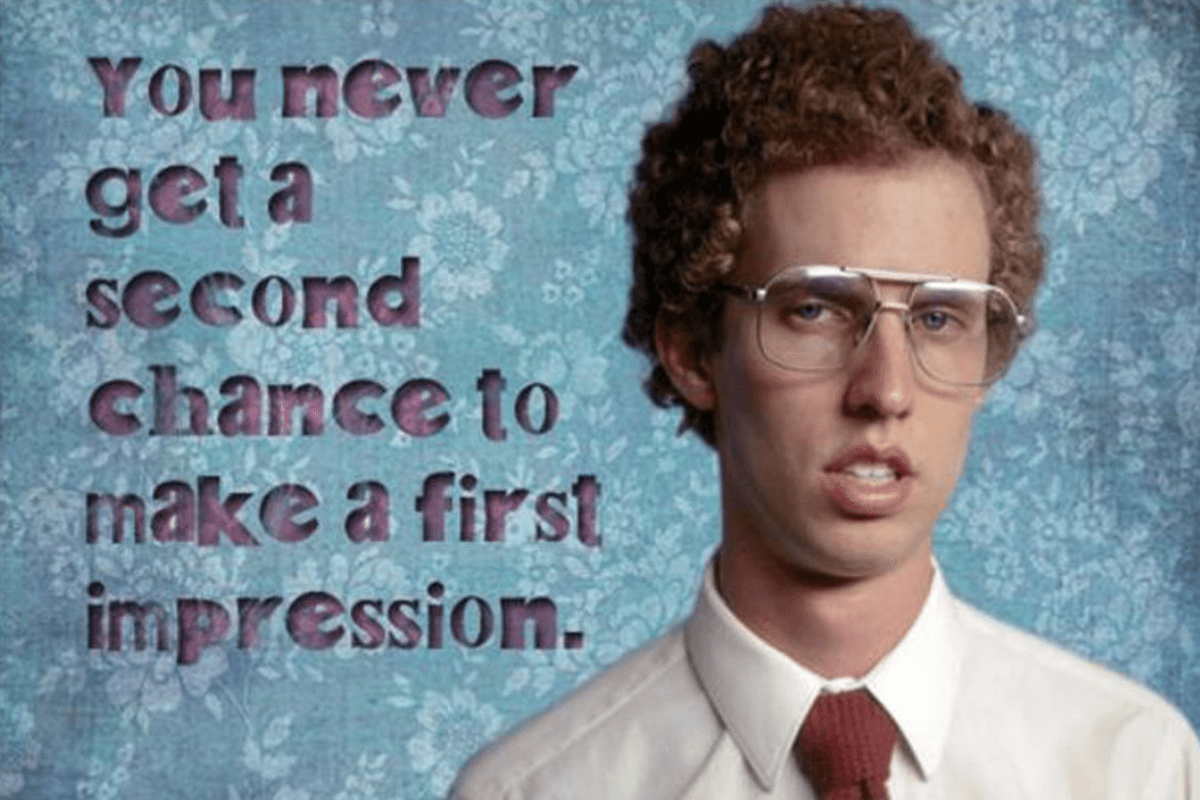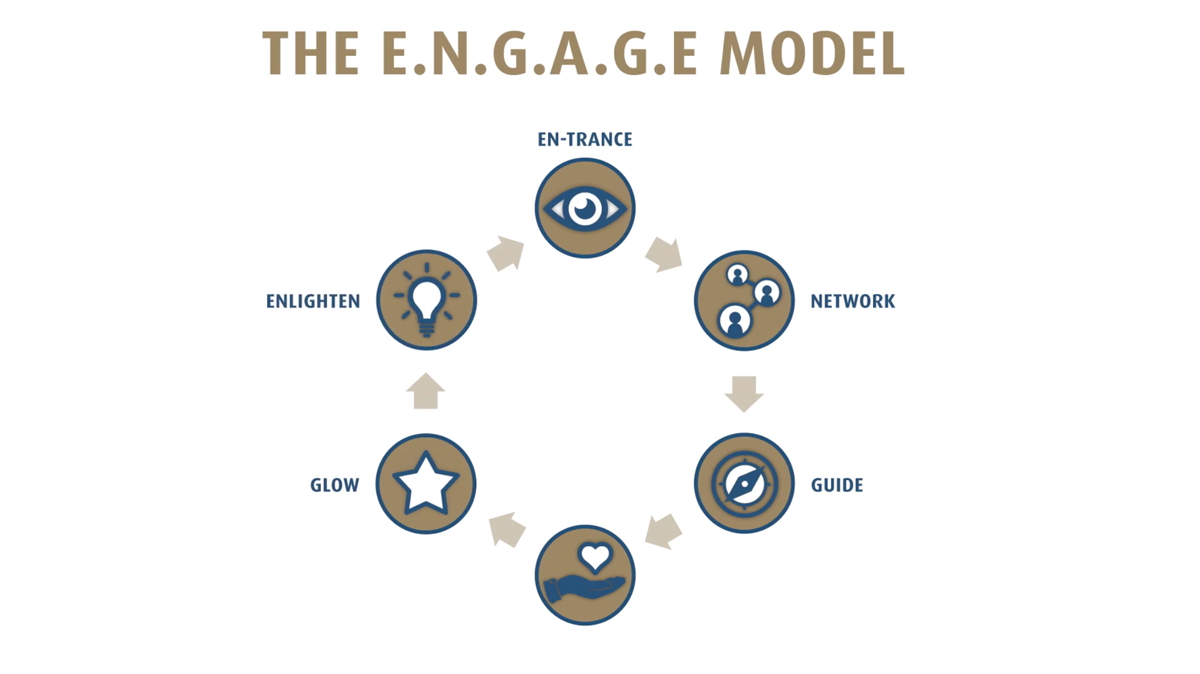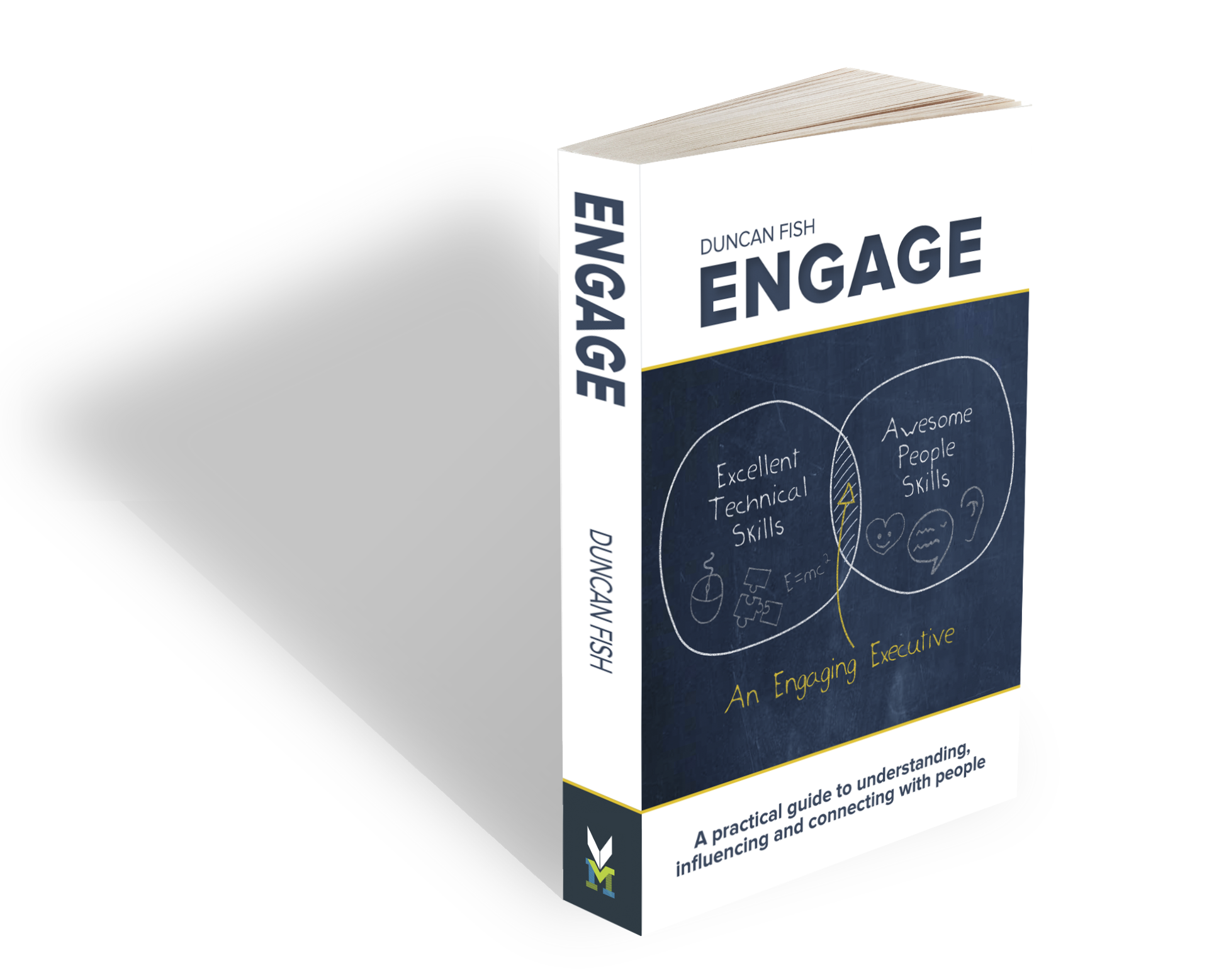Are Bad First Impressions Holding You Back?
Posted By Duncan Fish on July 18, 2017

You’ve heard all through your career, and probably even your life, that first impressions matter.
It’s why eager students take extra care to get ready before the first day of school.
It’s why the first date is the most nerve-wracking of all, as you determine whether or not there actually will be a second date.
However, first impressions in the workplace can be the most rewarding or detrimental, whether you’re interviewing for a new position, starting a new career or just being brought on to a new project.
Take the example of one of my clients
We’ll call Kate for the time being.
Kate has been working her way down the road of being an Engaging Executive, when she began applying for several new positions that would leverage her impressive skill set, while also allowing her to move up in her field. With a fantastic resume, it was no time at all until she had several interviews lined up. Since everything was going well, she was confused, upset and even a little hurt after she’d been turned down for two jobs that she thought would be a perfect fit.
So, we took a look at how her interviews went, and did a little role-play to see what may have been the issue. Turns out, Kate was making a horrible first impression. While she thought she was acting confident, poised and serious about the position, she was coming across as unfriendly, stiff and a little robotic. While she loosened up a little as the interview went on, the damage was already done.
It takes a recruiter anywhere from 30 seconds to four minutes to make a decision about a job candidate, and it’s not just recruiters. All of us have a habit, for better or for worse, to automatically categorise people we meet into boxes, from which it’s difficult to break free. We assess facial expressions, words and room presence without even realising it, and our brains make a strict judgement call, without us ever knowing what’s going on.
In Kate’s case, these judgement calls pegged her into a box that labeled her as cold, and overall not a good fit for most office cultures. While her resume and skills were top-notch, her personality was destroying her chances of being hired.
With this new information under her belt, Kate was able to strategise and work on key first impression indicators such as eye contact, posture and smiling, so she could be better prepared for her next job interviews.
She reported that, in her next interview, she seemed confident, yet friendly and personable, and relaxed, though still serious about the role she was applying for. She got the job, and the hiring manager even commented that they thought she seemed, “like the kind of personality they need on their team.”
Do you make a bad first impression?
Are your first impressions putting the brakes on your career advancement?
Read here to learn more tips on first impressions.
Want to know more about becoming an Engaging Executive, and the skills you may need in your own life to be the most engaging and influential businessperson you can be? Take the ENGAGE Questionnaire and find out!



